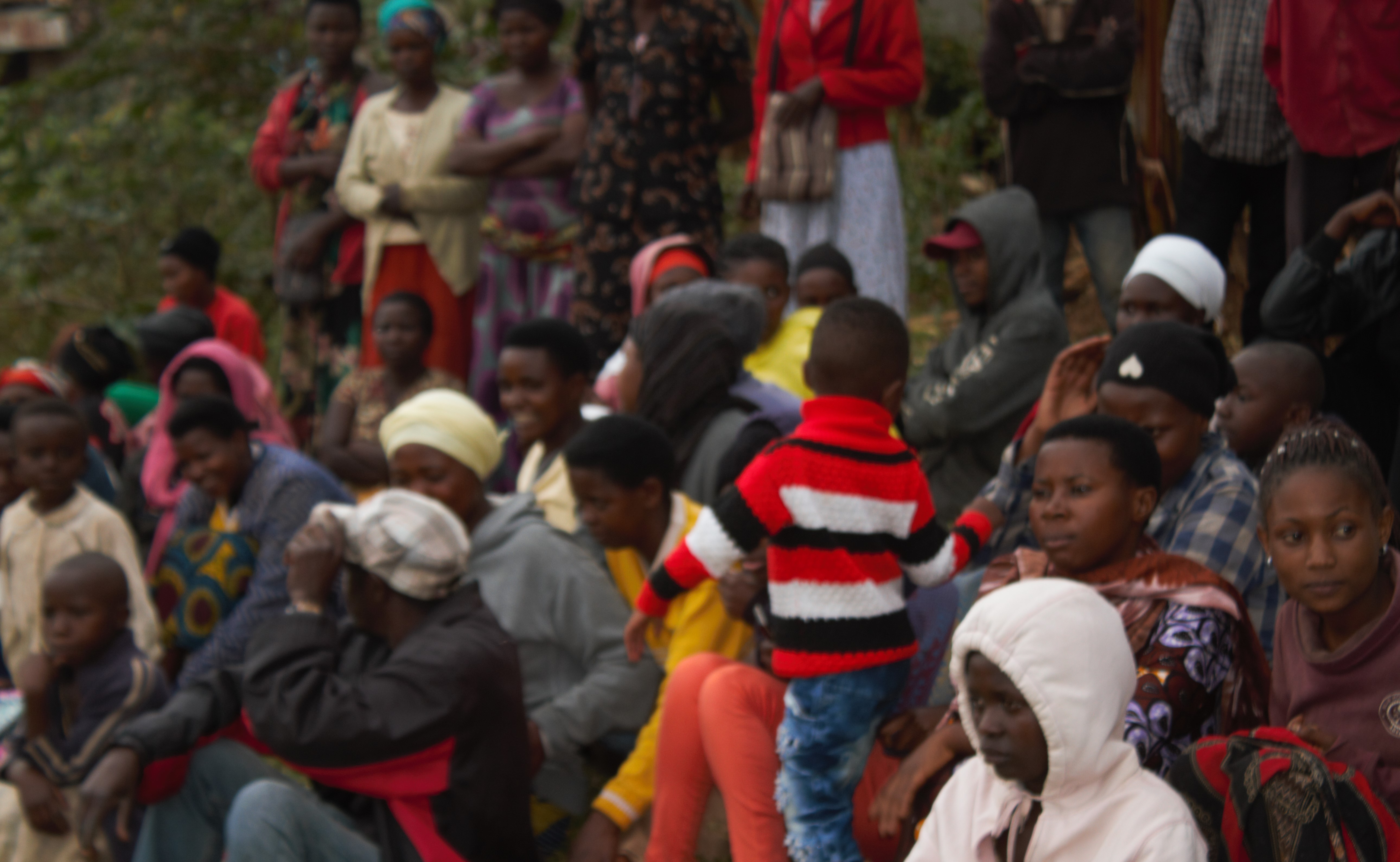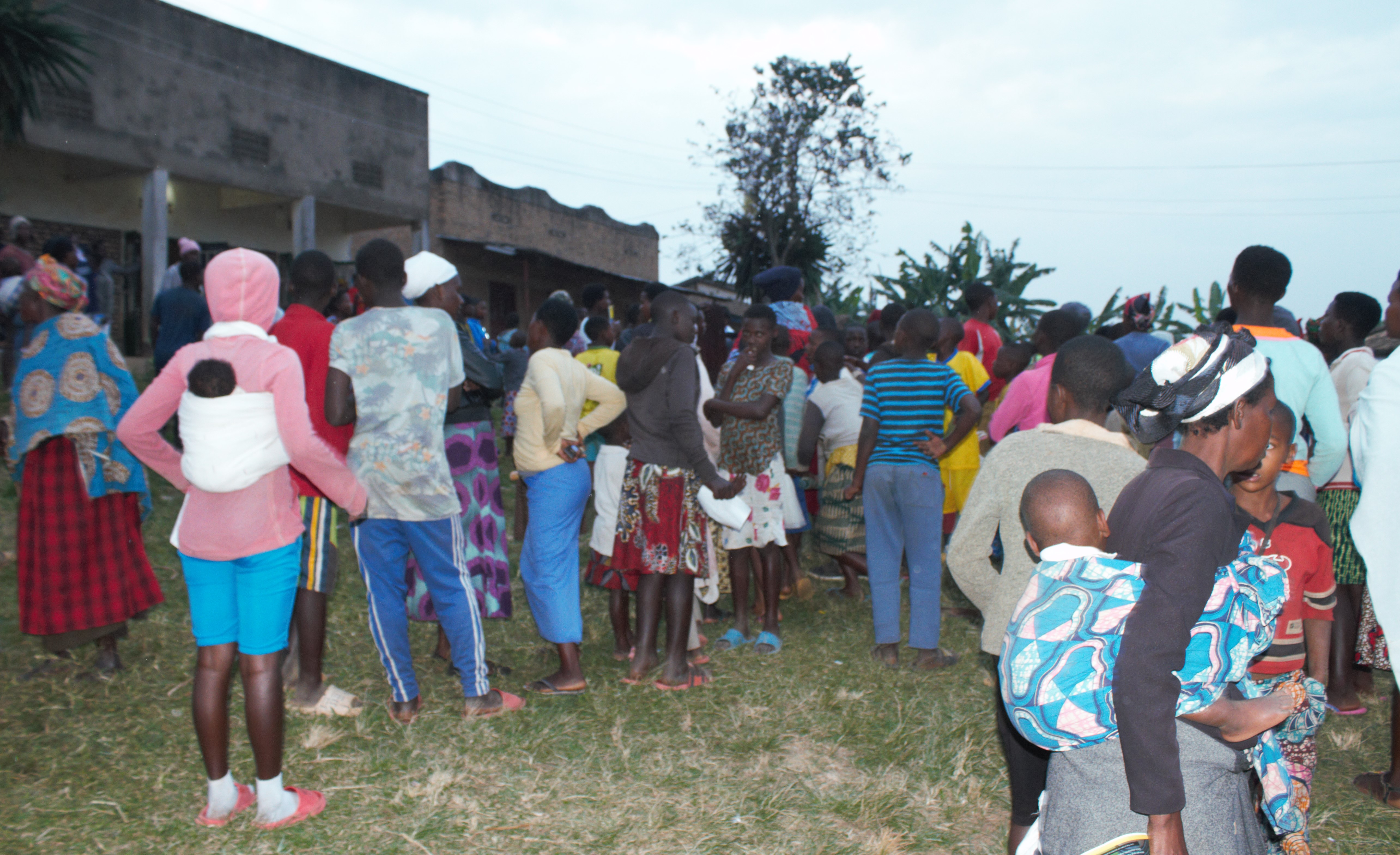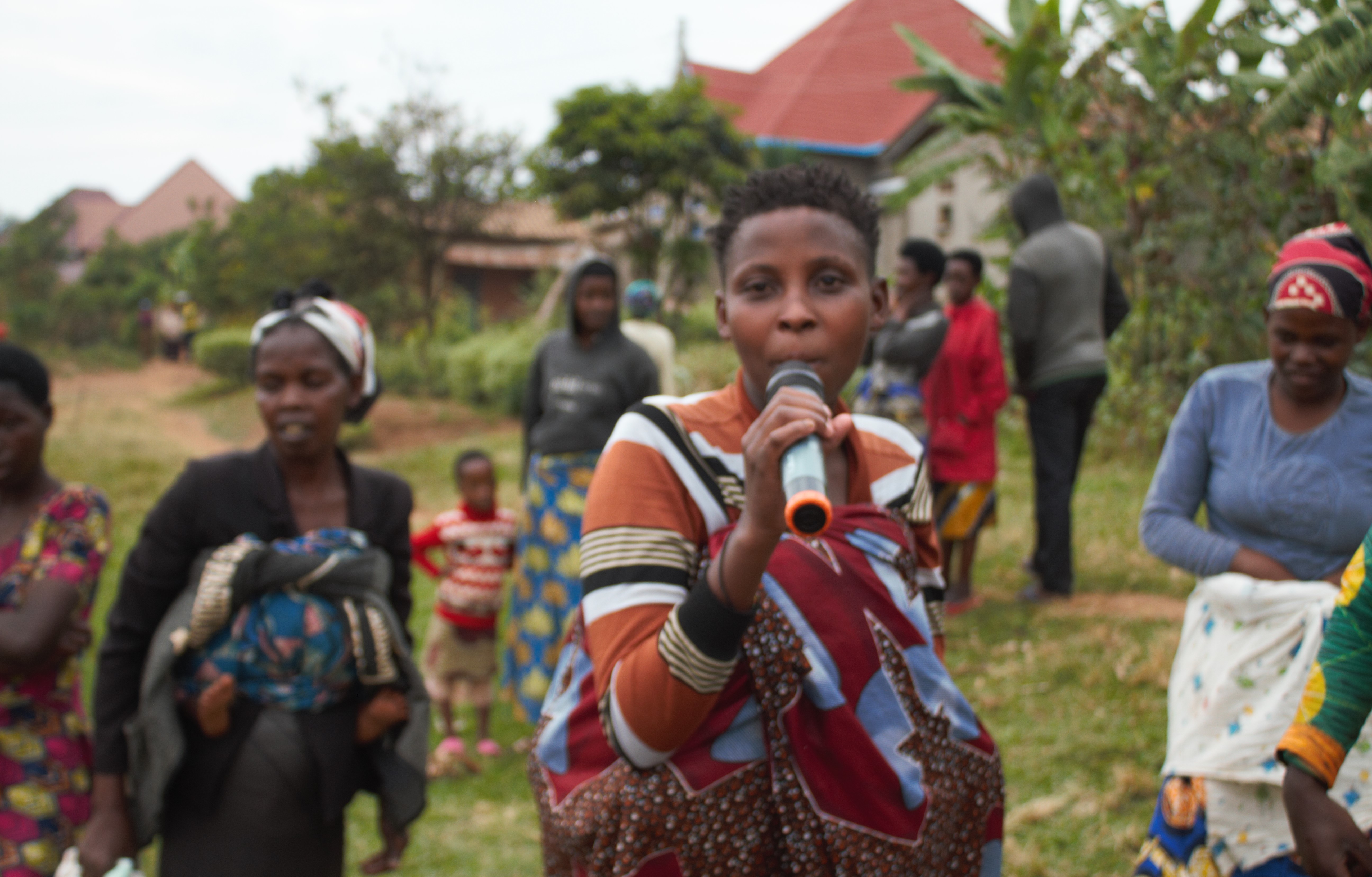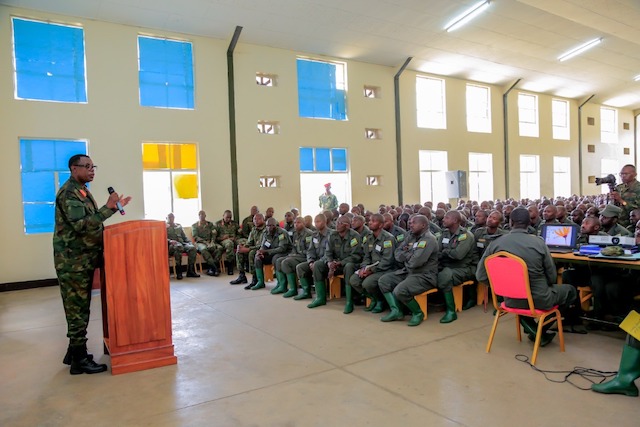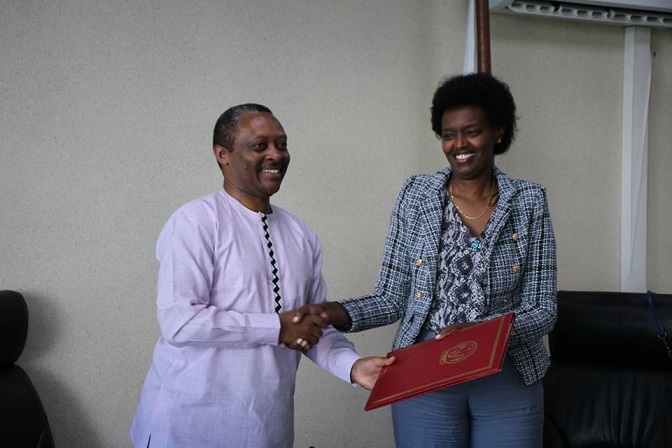By Basanda Nsimbyi Oswald
Urugoli Media reporters went to Shyogwe Sector in Muhanga District, and talked with women about how to eliminate plastics, straws, bottles, straws, which are harmful to the environment, including preserving the ecosystem.
The people who participated in the meeting with the press, said that the responsibility of women to protect the environment is better understood and understood, because they have always heard it but they did not see the interlocutors as such.
They said, "We are taking measures as the heart of the house to take the first place in the care and preservation of the environment, because women play a role in making our climate undamaged, and we as women are going to remove and collect non-biodegradable waste including plastics, bottles, cans, tools old technology that is no longer used''.
The women who participated in the discussion in large numbers, testified that they are going to protect themselves from soil pollution both where they live and where they live, because it affects the growth of people, they said "instead we are going to encourage our friends to dig deep".
The women who participated in the discussion in large numbers, testified that they are going to protect themselves from soil pollution both where they live and where they live, because it affects the growth of people, they said "instead we are going to encourage our friends to dig deep".
Diane Mushimiyimana, Director of Urugoli media, in an interview with the women, encouraged them to take part in making our climate sustainable, due to the fact that if we do not take care of the ecosystem, climate change is not good.
He said, "Non-governmental organizations in collaboration with local authorities should work with the people in order to preserve the environment, because a woman is the key that can teach children, husband and family".
The Executive Secretary of the Mubuga Cell commonly known as CEDO, said that the Muhanga District has 12 sectors, while the Shyogwe Sector consists of 4 cells which are Ruli, Kinini, Mbare and Mubuga, in the official opening of the discussion, he said that women had the knowledge to preserve the environment, to avoid the effects of plastics, technology, and pellets, and that when they were given that talk, women were going to take the lead in preserving it.
He said, "We really appreciate Urugoli media, for taking the first step, and teaching women to take responsibility and role in preserving the environment".
Women have been exposed to some of the consequences of not maintaining the environment, including respiratory diseases, cancer, that they are the first to fight against the pollution of our air, they are asked to avoid throwing away bottles, plastics, pellets where they see them, because the consequences are that the soil it does not receive rainwater properly.
He said, "We thank the Urugoli media for coming to visit us, we promise cooperation, we are with you, in development while we do these responsibilities that make our climate better, we ask you to visit us again, we are determined not to burn plastic and sawdust, technology equipment and collect them and hand them over to Enviroserve ''.
The participants of the discussion included Mapfundo Village Leader Ahombamenyeye Isaac from Mubuga Village, he as well as the residents requested that when the Uruguayan journalists return they should bring different services including those who can test for AIDS and other diseases. Infectious and non-infectious for better health.
In the discussions on environmental protection and climate, prizes were given to the people who excelled in responding to the leaders of our country, at the level of the Southern Province and Muhanga District, by making them more aware of the leaders, listening and read information that helps them to convince themselves to achieve sustainable development.
Residents have been answering questions asked by Urugoli media journalists including Akimpaye Jeanne, Mukashema, Mukantwari Béatrice, Mukankuranga Jeanne, Uwamahoro Florence, Uwiragige Clarisse and others. They said they enjoyed the conversation, because it made them more confused.
Health and security
Many plastics contain toxic chemicals that can enter the environment if products are discarded or burnt. This includes substances that have been linked to miscarriages and cancer.
Picking plastic waste not only doesn’t pay well, it also comes at a price in terms of health and security. Dumped waste can contain hazardous materials like broken glass and syringes carrying infectious illnesses. Plus, women are often forced to collect plastic from the outskirts of cities: places likely to have higher rates of crime.
